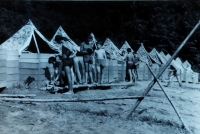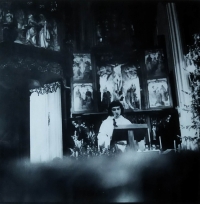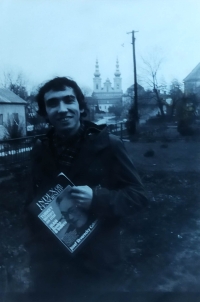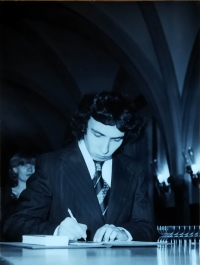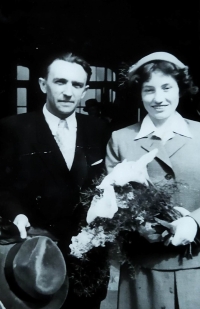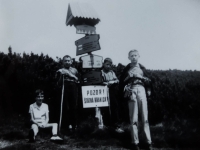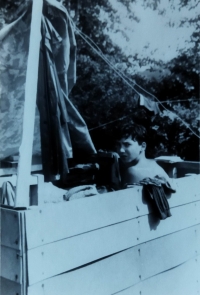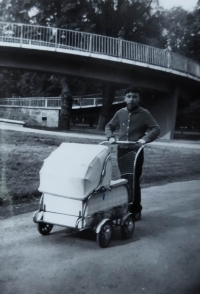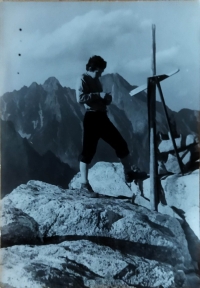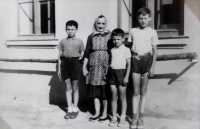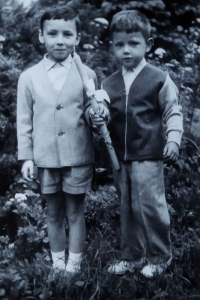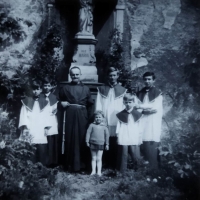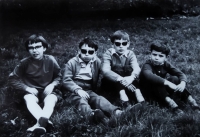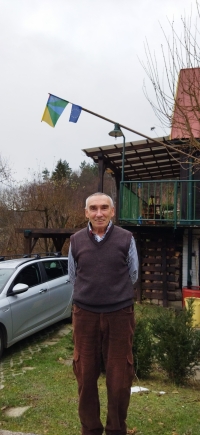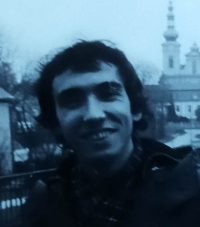My parents passed on the most important thing to me, the faith
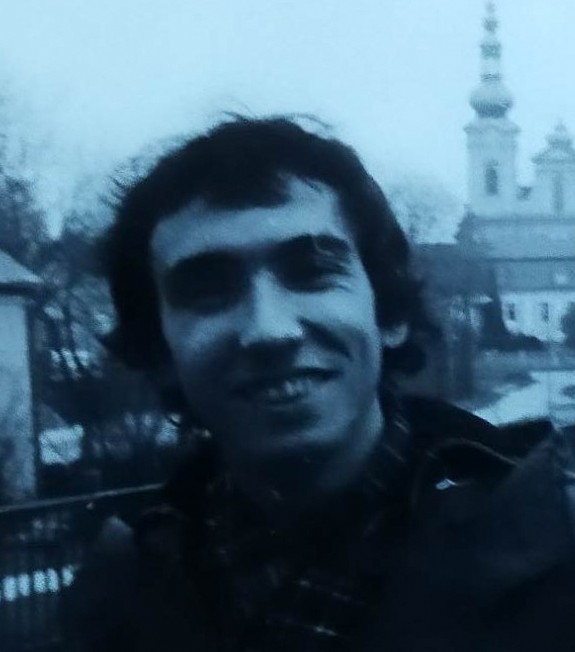
Download image
Jan Kouřil was born on 12 June 1956 in Olomouc into a religious family of Štěpánka and Miroslav Kouřil as the third of eight children. His mother, Štěpánka, née Gajová, came from Náklo, where her parents owned an inn. Dad Miroslav was a lawyer and came from Odrlice from a landowner family, persecuted by the regime after 1948. Father’s brother, uncle František Kouřil, had to hand over the family property to the JZD (Unified agricilture cooperative), and spent two years in prison for criticizing the regime in public. His father lost his job and eventually ended up working as a stoker at Moravské železárny in Olomouc. He was able to make a living as a lawyer again in the 1960s. In 1968-1970, Jan joined the re-established Scouts. He graduated from the gymnasium in Olomouc-Hejčín, then applied to the Faculty of Medicine at Palacký University. He was not admitted, because of his religious beliefs he did not get permission to study at the university. He was drafted into the military service, from which in 1978 he again, this time successfully, applied to study at the Faculty of Philosophy of the UPOl. As a Catholic, he became involved in the activities around Pater František Lízna, whom he helped, among other things, with the distribution of Catholic samizdat and collected signatures for petitions for prisoners. In 1979, after the arrest of his friends from this circle following the discovery of an illegal printing press in Radíkov, he made an intercession for the imprisoned on Christmas Eve 1979 in the Church of St. Moritz. Because of his activities, he came into the State Security´s viewfinder, and from 1980 he was listed as a person under investigation. In the same year he was expelled from the Faculty of Arts of Palacký University (English and Czech language) for his attitudes and religious beliefs. He did not graduate until 1994. He started working as a nurse at the Institute of Nursing in Velehrad. While working he graduated from a secondary medical school. There he met his future wife, a nurse, and they were married in 1984. Four children were born to them. In 1981 his passport was revoked. By that time he had changed jobs and made a living as a petrol pump driver. In 1989 he participated in the canonization of Agnes of Bohemia in Rome, and was at the birth of the Civic Forum in Uherské Hradiště. After graduation he taught Czech and English for twelve years. From 2004 to 2018 he worked in Ireland, until 2014 as a nursing assistant, after which he was on disability pension. In the Czech Republic, he lives in the village of Salaš u Velehradu, where he was also staying at the time of the filming of 2022. In 2017, he was awarded the Participant in the Resistance Against Communism Award for his anti-regime activities.
